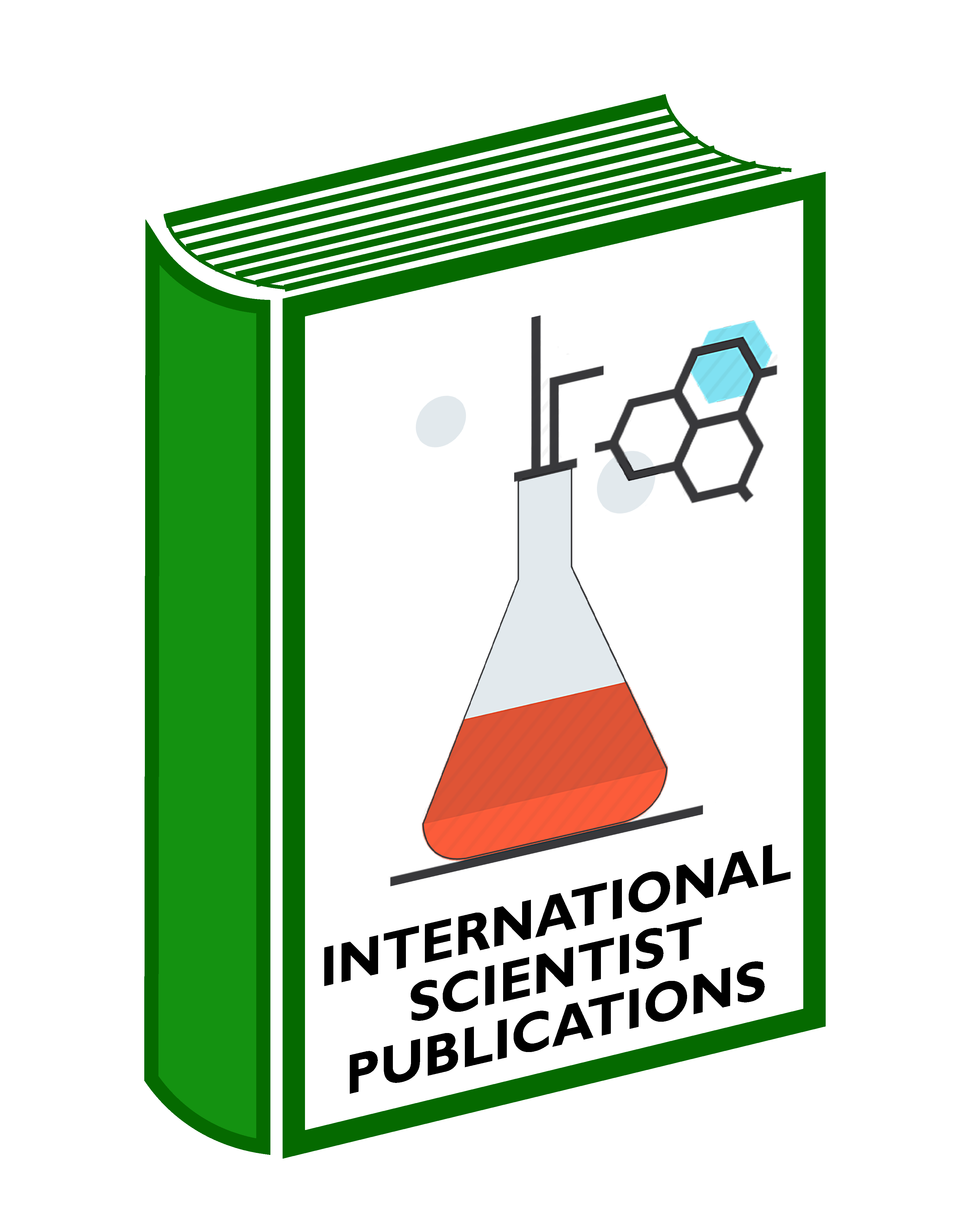Publication Ethics Statement
It is required to agree upon standards of expected ethical behavior for all parties (authors, editorial board, and reviewers) involved in the publishing process. To assurance high ethical standards, International Scientist Publications has developed international standards for authors, editorial board, and reviewers.
International Standards for Authors
All authors who submit their research manuscript to International Scientist Publications are supposed to observe the international standards. However, International Scientist Publications does not require all authors of a research paper to sign a letter of submission, nor does it impose an order on the list of authors. The international standards for authors are as follows:
- Authors have to certify that their manuscripts are from the original work. Plagiarism, Duplication, Data Fabrication and Falsification are forbidden.
- Authors must certify that the manuscript has not previously been published and is not currently being considered for publication elsewhere.
- If the authors have used the work and/or words of others, the authors must ensure that the work and/or words of others are appropriately cited.
- When an author discovers a significant error or inaccuracy in their published work, it is the author's obligation to promptly notify the Journal editor or publisher and cooperate with the editor to retract or correct the paper.
- Authors must notify any conflicts of interest.
International Standards for Editorial Board
Editors along with editorial board of the journal are necessary to follow the international standards for Editorial Board:
- The editorial board must maintain confidential to all submitted manuscripts
- The editorial board is liable for making publication decisions for submitted manuscripts. The Editorial Board must attempt to meet the needs of readers and authors.
- The editorial board must evaluate manuscripts only for their intellectual content.
- The editorial board must disclose any conflicts of interest and preclude business needs from compromising intellectual and ethical standards.
- The editorial board must always be willing to publish corrections, clarifications, retractions and apologies when needed.
International Standards for Reviewers
When a reviewer accepts invitation from International Scientist Publications for review, he /she must expect to meet the international standards for reviewers.
- Respect confidentiality.
- Respect copyright protection of submissions by not using in their own research or work any unpublished data, information, interpretation, or discussion from a submitted article.
- Be aware of potential conflicts of interest and if found must notify International Scientist Publications.
- Reviewers must evaluate manuscripts only for their intellectual content.

